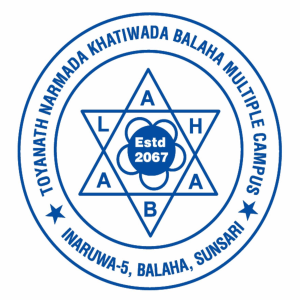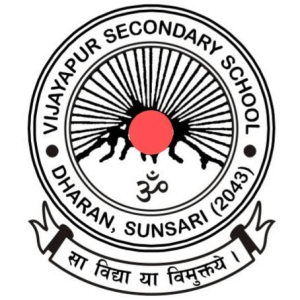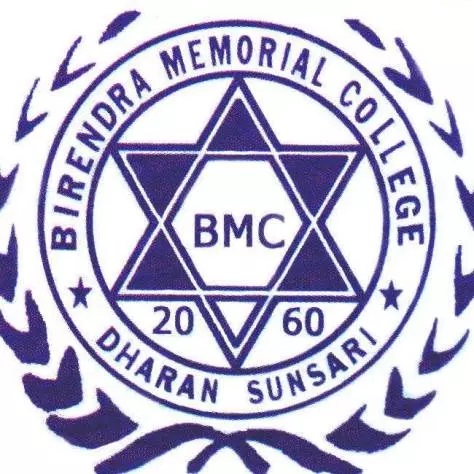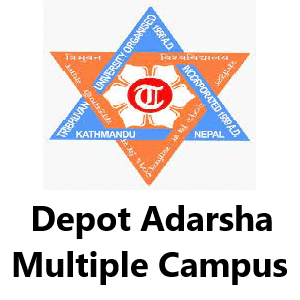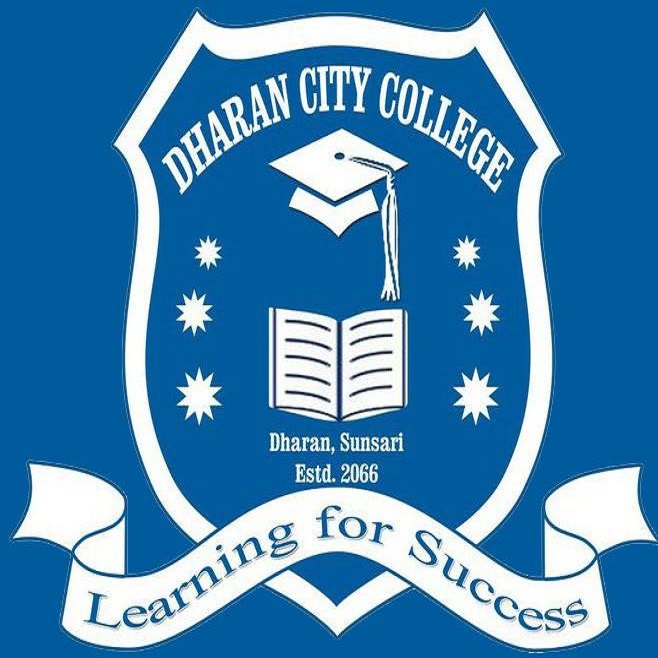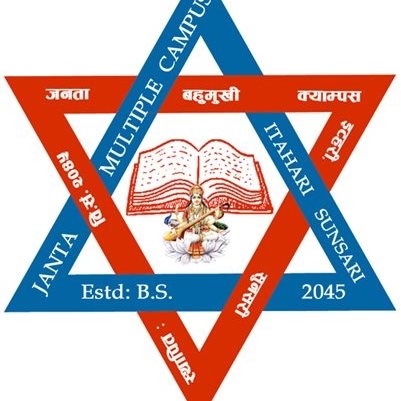Overview
Bachelor of Business Studies (BBS) at Saptakoshi Multiple Campus, Sunsari
If you’re a Management or Science student planning a business career, the Bachelor of Business Studies (BBS) at Saptakoshi Multiple Campus (SMC), Barahakshetra-7, Sunsari, offers a TU-affiliated pathway in Nepal.
Overview
Students study a four-year BBS under Tribhuvan University (TU) guidelines at a community, non-profit campus. The program builds business knowledge through accounting, finance, marketing, economics, organizational behavior, business law, research methods, and a capstone project.
Classes run with student support services, a library system with smart ID, and assessment practices set by TU and the campus academic calendar.
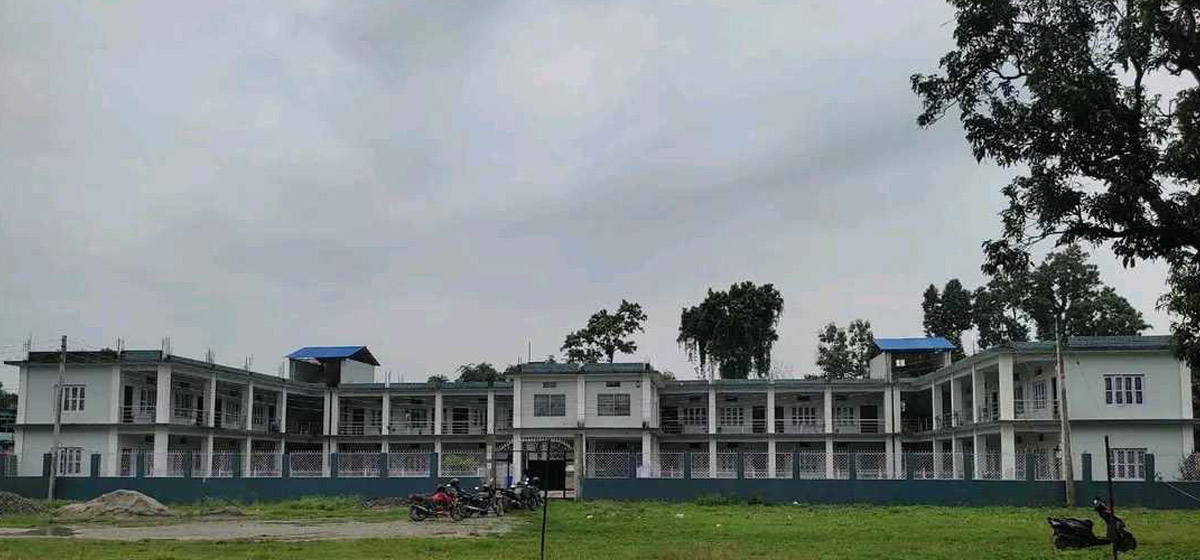
Highlights
You want straightforward facts before committing. Here are the essentials.
-
Affiliation: Tribhuvan University (BBS affiliation gained in 2067 B.S./2010 A.D.)
-
Location: Barahakshetra-7, Sunsari, Koshi Province
-
Nature: Community campus, non-profit, transparent governance
-
Duration: Four academic years following TU BBS structure
-
Learning focus: Case tasks, project work, internal tests, and a final project
Curriculum Details
Here’s what you’ll study over four years.
-
Year I: Business English (MGT 201), Business Statistics (MGT 202), Microeconomics (MGT 203), Accounting for Financial Analysis (MGT 211), Principles of Management (MGT 213)
-
Year II: Business Communication (MGT 209), Macroeconomics (listed as MGT 204 in campus plan), Cost and Management Accounting (MGT 212), Fundamentals of Marketing (MGT 214), Human Resource Foundations (MGT 216)
-
Year III: Business Law (MGT 204 as per TU code), Fundamentals of Financial Management (MGT 215), Business Environment and Strategy (MGT 217), Taxation and Auditing (MGT 218), Organizational Behavior (MGT 219)
-
Year IV: Business Research Methods (MGT 221), Final Project (MGT 401), Fundamentals of Investment (MGT 253), Corporate Finance (MGT 250)
Note: TU occasionally updates codes/sequencing. SMC follows the latest TU notice at intake.
Objectives
Students aim to understand core business functions, analyze data for decisions, prepare financial statements, read markets, and present findings that stand up to evaluation. The program encourages ethical reasoning and local applicability.
Scope
Graduates move into entry roles across accounting, finance, banking, sales, logistics, office administration, and small-business operations. Many pursue MBS/MBA or professional tracks.
Learning Outcomes
Students should be able to:
-
Prepare and interpret basic financial reports
-
Apply micro/macro concepts to local business cases
-
Explain HR, OB, and marketing concepts in clear terms
-
Analyze tax and audit basics within Nepali rules
-
Plan and execute a small research project with a clear report
Skill Development Modules
Students practice:
-
Spreadsheet accounting and costing drills
-
Case analysis and short presentations
-
Report writing and business communication
-
Basic data analysis for market and finance tasks
-
Team planning for the final project
Teaching Methodology
Faculty use short lectures, guided problem sets, peer tasks, and viva/practical checks. Internal exams track progress. The library supports coursework with borrowing up to three books and renewal every 15 days using the smart ID.
Admission Requirements
Students need at least D+ in all subjects at 10+2 (or equivalent). The campus announces an entrance exam, application window, and required documents (entrance pass, photos, academic records from SEE/SLC upward). Transport access includes public buses, taxis, and private vehicles.
Career Opportunities
Entry options include accounting assistant, junior finance officer, sales/marketing trainee, operations assistant, and banking support roles. Small-business and entrepreneurship interests also fit well after BBS.
Scholarships and Financial Aid
SMC offers merit/need-based support as per annual notices. Students must sit internal exams; absence removes scholarship eligibility and incurs Rs. 100 per subject as per campus rule.
Why Choose This Course?
Students seeking a TU-recognized business degree in Sunsari gain a clear structure, local relevance, and steady academic support at a community campus that keeps procedures transparent.
Conclusion
SMC’s BBS provides grounded business learning linked to TU standards. The structure helps Nepali students build practical skills, plan next studies, and move toward early-career roles. Not sure about preparation for the entrance test? The administration desk shares the schedule and sample guidance during the admission window.


